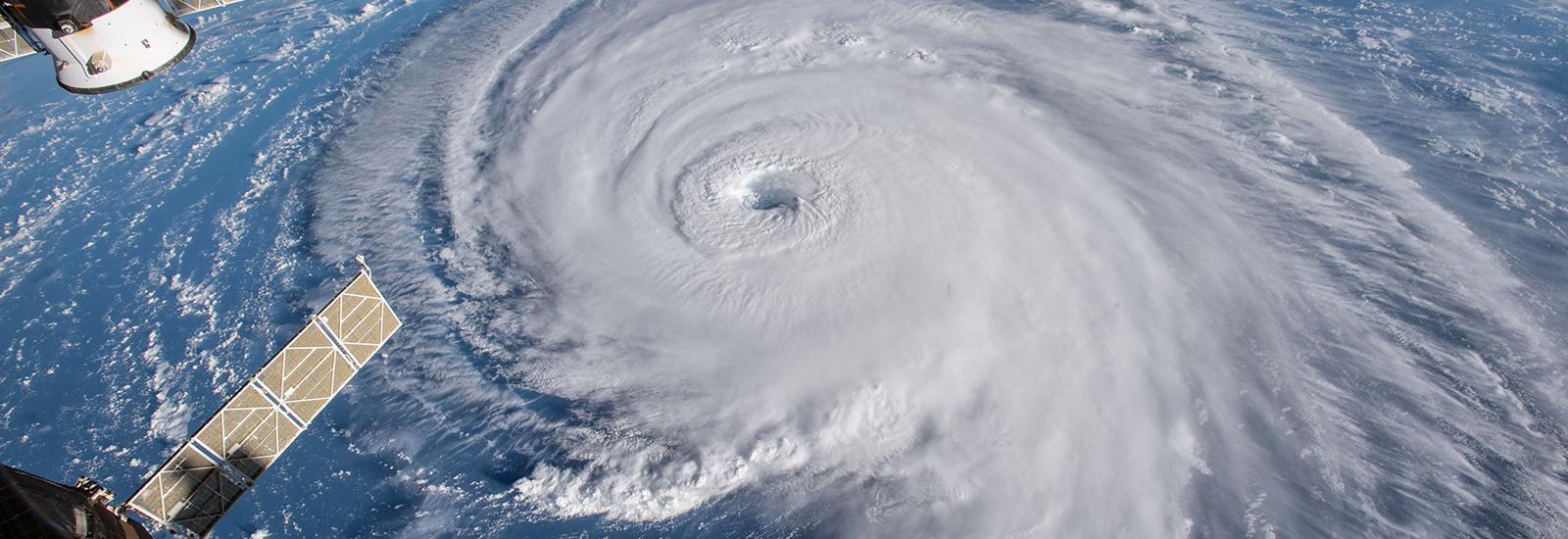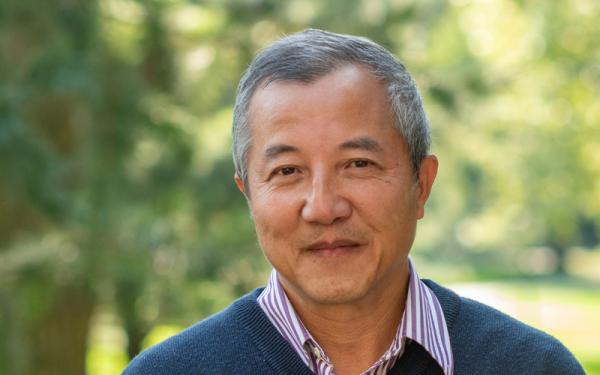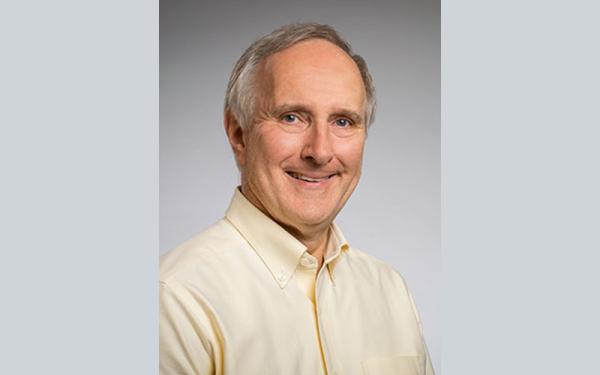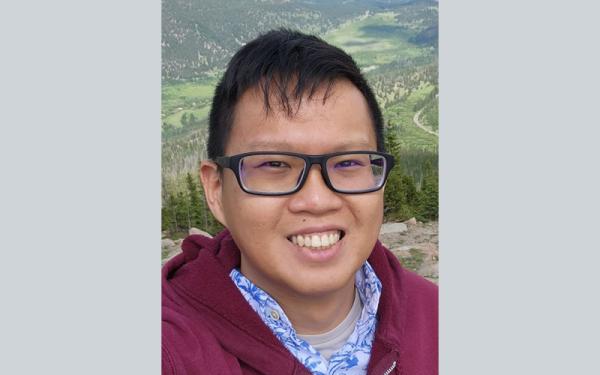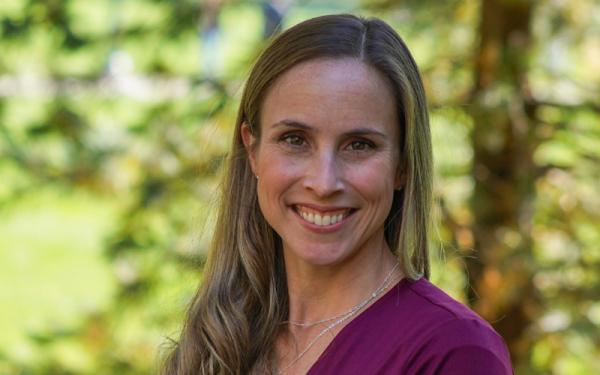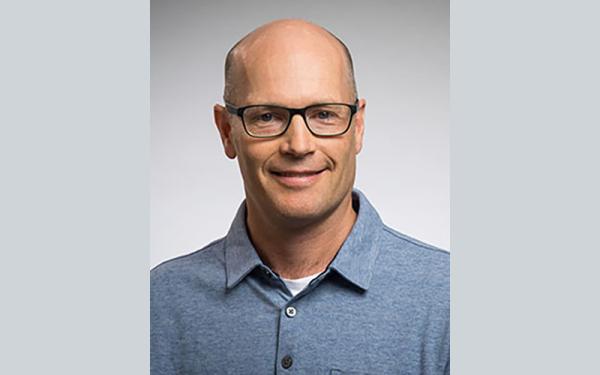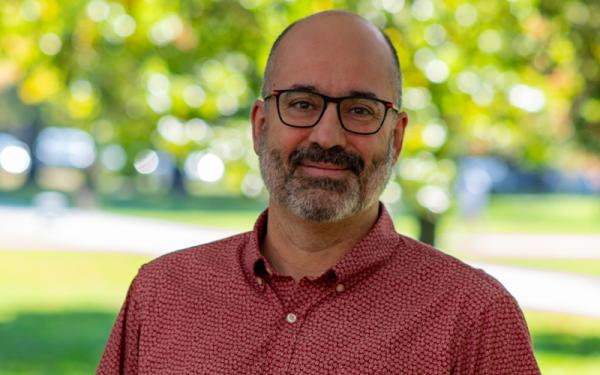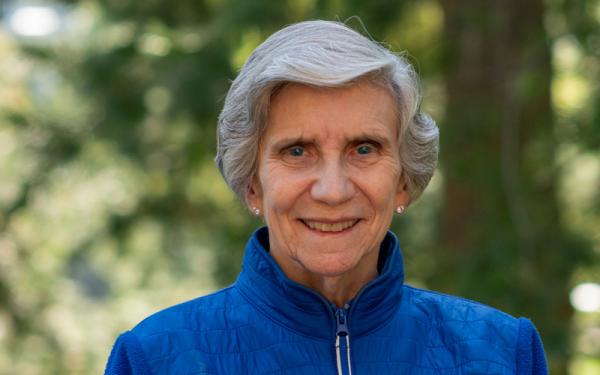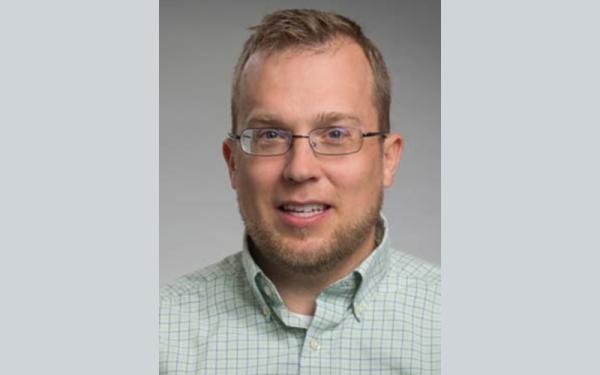The Atmospheric Sciences Program (ASP) is designed to provide you with a solid foundation in the physical principles, theory, methodological skills, and applications central to the disciplines of meteorology and climatology. We produce scholars and scientists able to perform academic research work of the highest quality.
About the Program
As a graduate student in Atmospheric Sciences, you will be working with exceptional faculty members and cutting-edge technology to answer challenging research questions. You'll develop your abilities as a quantitative scientist to study synoptic and mesoscale weather forecasting. You'll hone your skills at communicating atmospheric information through visual materials and written reports.
Some of the topics we focus on as a department are:
Weather forecasting
- Satellite images
- Radar
- Model output
- Reporting
Severe weather
- Thunderstorms
- Tornadoes
- Hail
- Hurricanes
Micrometeorology
- Urban heat island
- Dust devils
- Radiation budgets
- Surface effects
- Pollution
Global climate change
- Human influence
- Impacts
- Detection
Climatology
- Drought and floods
- Classification
Atmospheric dynamics and thermodynamics
The ASP is designed to develop outstanding thinkers and to lay the foundation for rewarding careers. OSU Geography/Atmospheric Sciences has a long history of preparing students for diverse jobs in academia/education, government, the private sector, and non-profits. Master's graduates in particular have found that their intellectual and technical training in our department leads to fulfilling careers in multiple fields.
These include:
- Meteorologist (national weather service, television, radio, private firm)
- Climatologist
- Air quality analyst
- Outdoor parks service guide
- Professional storm chaser / weather guide
- Environmental specialist for the U.S. Environmental Protection Agency
- Environmental monitor
- Researcher (U.S. Geological Survey, National Resource and Conservation Departments Center for Atmospheric Research, Institute of Arctic and Alpine Research, etc.)
- Risk analyst (insurance industry)
At the PhD level, we assume that the majority of our students will seek positions in academic or government research. We also encourage students to take advantage of the wealth of university resources aimed at helping students explore their career options (for example, the Graduate School's Versatile PhD.
Department Requirements
The following courses form the core of the program. You will also complete any deficiencies in calculus, physics, and/or statistics (see undergraduate course list for prerequisite courses)
Required Courses - 12 Hours
· ATMOSSC 5950: Atmospheric Thermodynamics - 3 Credit Hours
· ATMOSSC 5951: Dynamic Meteorology I - 3 Credit Hours
· ATMOSSC 5952: Dynamic Meteorology II - 3 Credit Hours
· 8900-level seminar, any in Atmospheric Science or Geography on a relevant topic, 3 Credit Hours
Elective Courses (Select 2), 5 or 6 Hours
· ATMOSSC 5901: Climate System Modeling: Basics and Applications - 3 Credit Hours
· ATMOSSC 8900: Atmospheric Sciences Seminar - 3 Credit Hours
· GEOG 5921: Microclimatology: Boundary Layer Climatology - 3 Credit Hours
· GEOG 5922: Microclimatological Measurements - 3 Credit Hours
· GEOG 5940: Synoptic Meteorology Laboratory - 2 Credit Hours
· GEOG 5941: Synoptic Analysis and Forecasting - 3 Credit Hours
· GEOG 5942: Synoptic Meteorology: Severe Storm Forecasting - 3 Credit Hours
· GEOG 8901: Seminar: Problems in Climatology - 3 Credit Hours
· GEOG 8902: Applied Climatology - 3 Credit Hours
· GEOG 8920: Microclimatology - 3 Credit Hours
· GEOG 8950: Dynamic Climatology - 3 Credit Hours
· An appropriate level course from another Department e.g. Paleoclimate or Geochemistry, 3 Credit Hours
*Any 8900-level courses selected from this list cannot count simultaneously for 8900-level seminar in the required courses listed above.
For questions and additional information, please contact Joslyn Branham, Graduate Program Coordinator, at branham.118@osu.edu.

